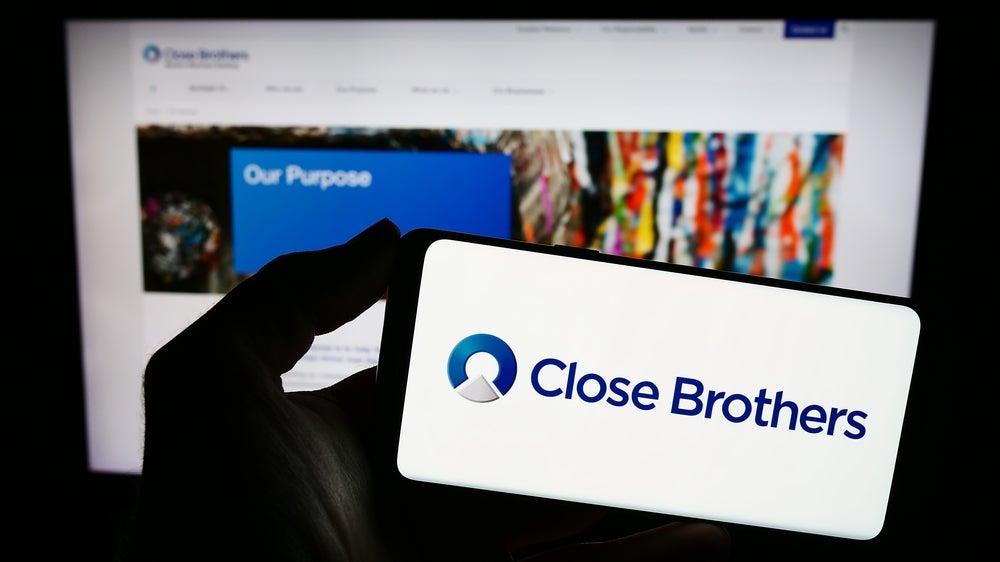
Lockdowns, tiers, self-isolation, quarantines, furlough. The new vocabulary of 2020 has brought its own set of opportunities and challenges for the motor finance sector, not least of which because of the fundamental role that private vehicle use has taken on during the pandemic.
Government advice to avoid public transport has seen used vehicle values skyrocket after the first lockdown. Demand for light commercial vehicles has also been significant as the logistics sector has responded to the opportunity of home deliveries, offering many who might have faced a loss of income with a new route to earning.
Against this backdrop of demand has come the need to manage delinquencies in line with the Financial Conduct Authority’s stated expectations of lenders treating customers fairly. Bruce Curry, vice president for collections and recover solutions at global analytics software firm FICO, examines how a phased approach to collections and an omnichannel communications strategy could ensure motor finance providers get the balance right.
The most recent announcements after the second lockdown means that many sections of society continue to face restrictions which, in turn, affect their ability to earn. Having the ability to respond to customer circumstances effectively in this changing environment is crucial, and a phased approach to collections will be particularly important for motor finance providers.
1. Tactical phase
This phase calls for a fast-moving, reactive response. Critical data capture is essential and reputational risk and customer outcomes are driving the decisions at this stage. It is critical to understand which customers are impacted by Covid and which would be in financial trouble regardless of the pandemic. It is also just as important to determine which customers are likely to bounce back quickly. Covid must be captured as the reason for granting a payment holiday.
How well do you really know your competitors?
Access the most comprehensive Company Profiles on the market, powered by GlobalData. Save hours of research. Gain competitive edge.

Thank you!
Your download email will arrive shortly
Not ready to buy yet? Download a free sample
We are confident about the unique quality of our Company Profiles. However, we want you to make the most beneficial decision for your business, so we offer a free sample that you can download by submitting the below form
By GlobalData2. Mid-term
Clear customer communication and interaction are vital at this point. Payment holidays usually last 90 days and follow-up actions are necessary in advance of expiry to ensure the right course of action is taken for the best outcome. The customer journey may take a detour and become an affordability discussion or forbearance options.
3. Long-term, strategic phase
Understanding the reasons for payment holidays or forbearance is critical for regulatory reporting. Collections volumes will still be high and journeys will become more complex as the initial volumes flat-line. Organisations need to repeatedly validate their customers’ financial wellbeing. There is likely to be an increased need for payment plans at this point.
Omnichannel in the path to financial wellbeing
Across all three phases, an omnichannel communications platform can help engage with customers effectively to optimise their journey through recovery and rehabilitation.
The first step is to integrate and orchestrate the channels available to the organisation – email, SMS, WhatsApp, mobile apps, voice – to help with responses for payment holiday requests and a change in payment plans. Organisations can reach out to a customer on different platforms throughout a day.
When the customer chooses to respond they are then taken on the customer journey, utilising the most appropriate channels for the different steps, seamlessly and confidently.
Unfortunately, the motor finance sector probably needs to address this more than most. A recent study by FICO showed that, among UK borrowers, motor finance customers faced the greatest challenge making contact with their lender at the start of the pandemic at 33%. The consequence of a poor experience is, of course, most telling when customers are asked if they would stay with the same provider. 53% of motor finance customers said they wouldn’t.
Looking forward
2020 brought a ‘debt tsunami’ – but the fallout may be much worse.
The number of customers classified as vulnerable will escalate and debts will hang around for a long time.
Having an automated, centralised view and coordination of customer interactions will help to offer the right payment plan through the right channel. These tools will also enable businesses to stay in touch with customers during the continuing uncertainty, to gather information or offer advice. And operational costs will be reduced through the use of self-service payment terms, which will also help the contact centre team focus on customers who need human interaction to deal with their financial issues.<







